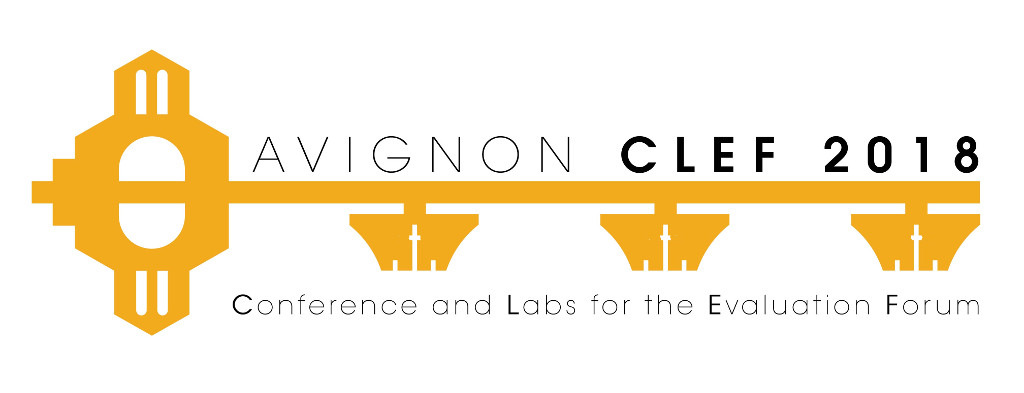We are pleased to announce the publication of a significant research paper titled “FANG: leveraging social context for fake news detection using graph representation” in the Communications of the ACM. The research paper is the result of the combined efforts of Dr. Preslav Nakov from QCRI along with other researchers. The study proposes a novel graphical social context representation and learning framework named Factual News Graph (FANG). Below is the abstract of the paper:
“We propose Factual News Graph (FANG), a novel graphical social context representation and learning framework for fake news detection. Unlike previous contextual models that have targeted performance, our focus is on representation learning. Compared to transductive models, FANG is scalable in training as it does not have to maintain the social entities involved in the propagation of other news and is efficient at inference time, without the need to reprocess the entire graph. Our experimental results show that FANG is better at capturing the social context into a high-fidelity representation, compared to recent graphical and nongraphical models. In particular, FANG yields significant improvements for the task of fake news detection and is robust in the case of limited training data. We further demonstrate that the representations learned by FANG generalize to related tasks, such as predicting the factuality of reporting of a news medium.”
To Read the paper:
technical perspective: https://dl.acm.org/doi/10.1145/3517213




